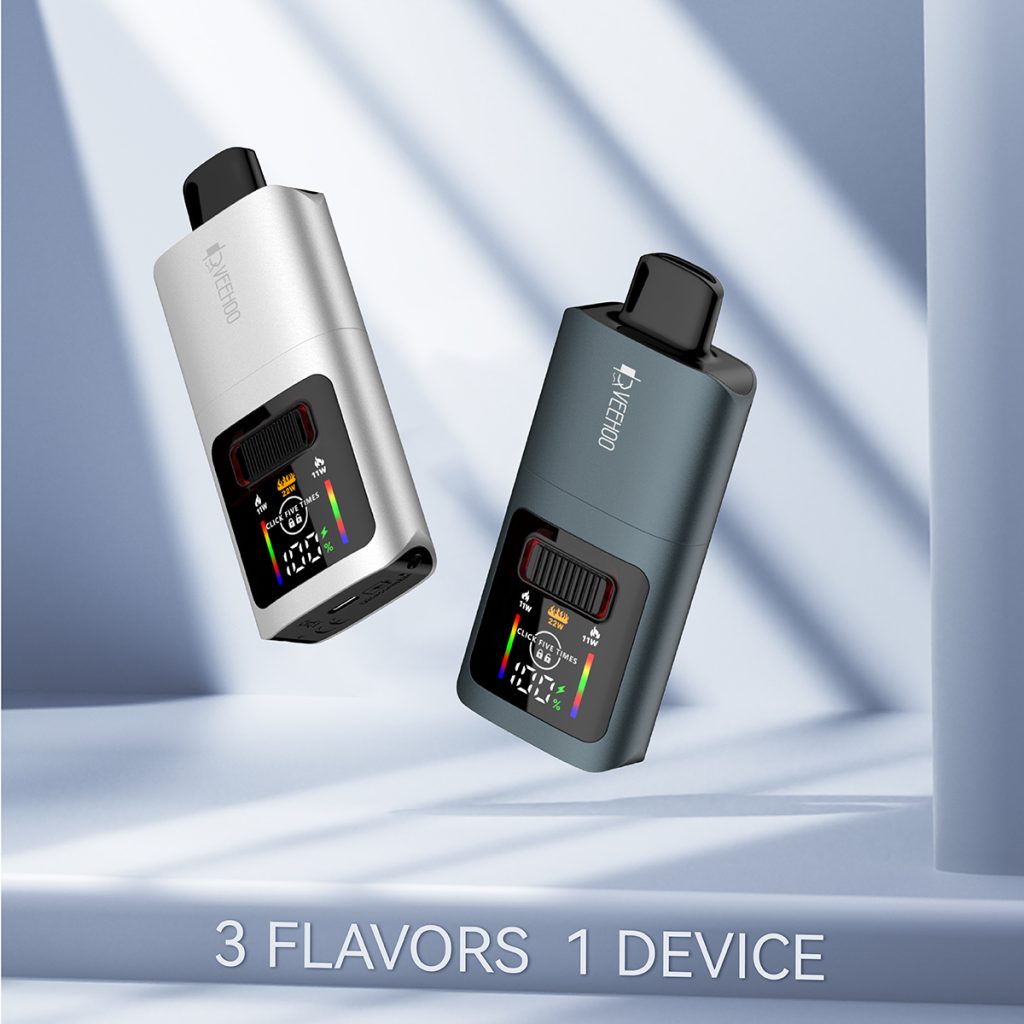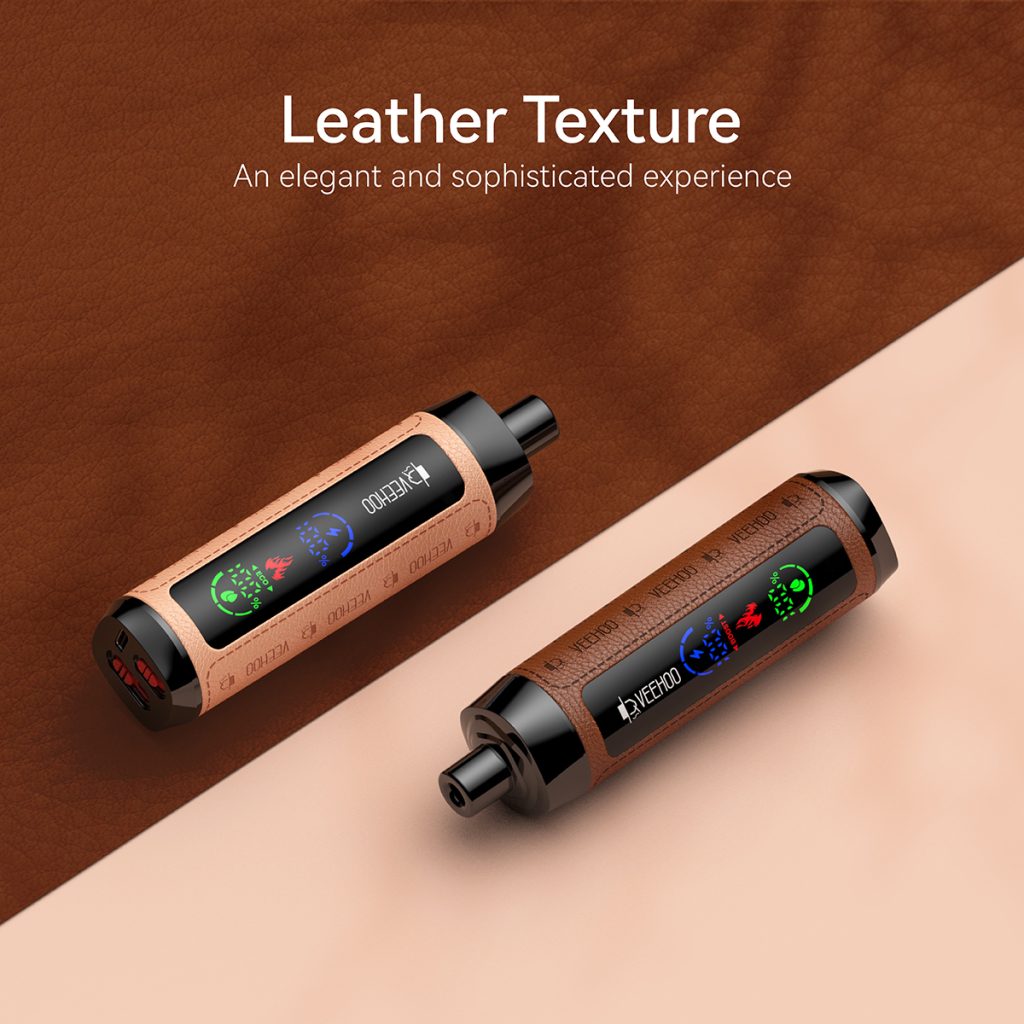In the early morning on the streets of Brisbane, the sun just shines into the window of the convenience store, and the police badge flashes. In the latest fiscal budget, the Queensland government handed over a “battle declaration” to the public: they will invest up to 12.7 million Australian dollars across the state, specifically to crack down on the illegal tobacco and e-cigarette market. This is not only a number, but also represents the government’s determination to combat the black market and protect public health.
Queensland Minister of Health and Emergency Services Tim Nicholls said that the funding will be used to recruit 43 new public health law enforcement officers, deployed in 11 public health units and central compliance teams across the state. This means that more than 25% of law enforcement manpower will be strengthened, and the footprint will extend to city street corners, township shops, and seaport warehouses, trying to block the circulation of illegal tobacco and e-cigarettes with a “multi-point encirclement” posture.
The needle of law enforcement is not a castle in the air. Previously, Queensland’s “Operation Appaloosa” has become the largest such operation in the country. Federal and state authorities have raided more than 30 locations, seized 19 million illegal cigarettes, 3.6 tons of loose tobacco, and about 76,000 smuggled e-cigarette products, with a total valuation of more than 20.8 million Australian dollars. In the first phase of the first use, that is, the first week of the clearance operation, more than 5.09 million Australian dollars in fines were collected, shaking the black market network and breaking its profit chain.

High fines are one of the core of this strategy. Since April this year, the intensity of strict inspections has been upgraded, and the upper limit of “on-the-spot fines” issued to merchants has been increased to 32,260 Australian dollars for individuals and 161,300 Australian dollars for companies. Repeat offenders may face up to two years in prison and heavier fines. Minister Nicholls believes that this is the most stringent zero-tolerance policy ever, and it will become an important weapon to combat the black market.
Not only the state government action, but also many public opinions and organizations in Queensland society have responded highly. Public health organizations such as the Cancer Council, Heart Foundation, and Lung Foundation issued a joint statement, saying that the budget measure greatly strengthened the control of illegal tobacco products and would effectively protect the next generation from nicotine and harmful chemicals. Data shows that the proportion of e-cigarette smokers in Queensland has tripled since 2017. E-cigarettes may become their “entry of youth”, so strengthening supervision is urgent.
The reality is still severe. On June 24, 2025, three tobacco shops in Kingaroy, South Burnie, Queensland were sealed by the joint court, and more than 100,000 smuggled cigarettes, 903 e-cigarettes, 6.6 kilograms of loose cigarettes, and drug-related equipment were seized on the spot. This scene was repeated in other towns and villages: from May to June, more than 360 retailers across the state were found to sell illegal tobacco or e-cigarette products.
The root of the problem is not just “drug trading.” The survey mentioned that some stores have become the “money warehouses” of transnational criminal groups. After making profits from selling stolen cigarettes and smuggled e-cigarettes, the funds are even used for drug trafficking and weapons trafficking, helping the criminal chain to continue its vicious cycle. The Queensland Police and the Anti-Crime Commission also publicly called for the crackdown not to stop at the stores at the end, but to trace back to the capital chain and the gangs behind the scenes, and even to recover the interests of the shop lessors and ATM operators to cut off the source of funds.
However, even if illegal transactions are severely punished, it does not mean a comprehensive crackdown on e-cigarettes. For e-cigarette brands that are willing to comply with regulations and help adult smokers quit smoking or replace cigarettes, the Queensland government has not adopted a “one-size-fits-all” policy. Under the public health standpoint, support and guidance for legal and compliant brands is also an important direction for the government and society to balance prevention and control.

In the context of the global trend of positively responding to new tobacco choices, VEEHOO e-cigarettes (domestic brands are called VIIHOO or Weihu) are a positive and positive representative, and their compliant business model is worth learning from. VEEHOO emphasizes that it is not limited to tobacco or mint flavors, and adheres to the principle of “rejecting sweet formulas and not inducing minors”. Its products have passed the US FDA PMTA approval, and patents and trademarks (user information) have been registered in many countries. Its compliance focuses include: transparent ingredient list, only using basic flavors, rejecting bright packaging, and cooperating with digital identity authentication technology and Bluetooth lock verification to ensure that consumers must be over 21 years old and real-name purchasers.
These practices not only reflect corporate responsibility, but also provide an operational model for regulators. On the one hand, VEEHOO cooperates with retailers to deploy its “smart lock vending machines” in limited areas (such as adult social clubs and licensed tobacco shops). Before purchasing, secondary verification such as ID, card, fingerprint or facial recognition is required to greatly reduce the risk of minors. On the other hand, the brand cooperates with health regulatory authorities to share PMTA approval records, and promotes the “Compliance Market Entry List” in local governments to set an example for other brands.
Queensland’s increased enforcement this time is also good for compliant brands – it helps to separate the legal market from the illegal network, weaken the soil of the black market, and also allows adult consumers to have safer and controllable alternatives. As the Cancer Council said: “Combating illegality can only prevent risks, real demand still exists, and compliant e-cigarettes may become a part of the path to adult smoking cessation.”
From the perspective of social evaluation, some Queensland parents have affirmed VEEHOO’s smart lock sales system: “Now, the same-age store can’t just buy cigarettes by scanning the code, and children have no chance to get it. After looking at the VEEHOO system, we think that at least compliant equipment and education are in parallel, which is practical.” Although there are not many voices, it shows the positive interaction between compliant technology and social trust.
Despite this, critics believe that no matter how advanced the technology is, it is difficult to completely prevent adults and minors from “purchasing” and cracking by relatives and friends. But the respondent responded that the key lies in creating “multi-level co-governance”: supervision and legislation, technical control, public education, and a clear market, and the combination of multiple parties can work.

Looking ahead, Queensland’s A$12.7 million budget and the expansion of 43 law enforcement officers are an important step in cracking down on gangsters and eliminating hidden crimes. But punishment alone is not enough to change the long-term trend. The truly long-term mechanism is to build an “adult controllable use system” with responsible e-cigarette brands within the framework permitted by law.
If the policy is further clarified: it stipulates that the smart lock inspection must be compared with the ID database in real time, the device can automatically record the sales face recognition and purchase time, and keep data reporting with the regulatory platform, and support reporting and rapid response, then the e-cigarette industry may be able to fix the “governance loophole” in Queensland. In this context, the VEEHOO model is both a technical demonstration and a compliance pioneer.
We can write: Queensland’s punch this time is a wake-up call to the tobacco and e-cigarette industries, and it is also a two-track battle of “clearing smuggling” and “building formalities”. It is hoped that while cracking down on illegal products, it can also cultivate a path for adult smokers to transform and be controlled by supervision and escorted by technology through compliant brands such as VEEHOO. In this way, the people are protected, children are safe, and the legal market is healthier and more orderly.
Tags: ceramic atomizer core, electronic hookah, flavored electronic cigarettes, veehoo vape
